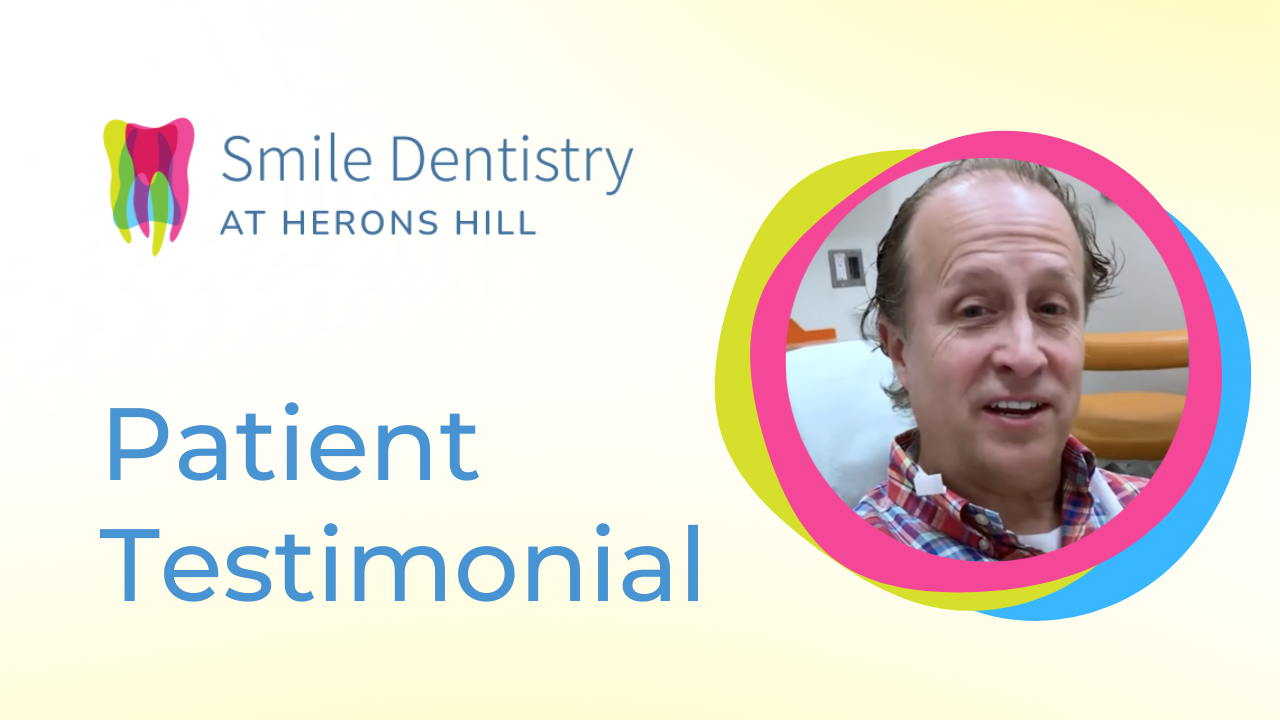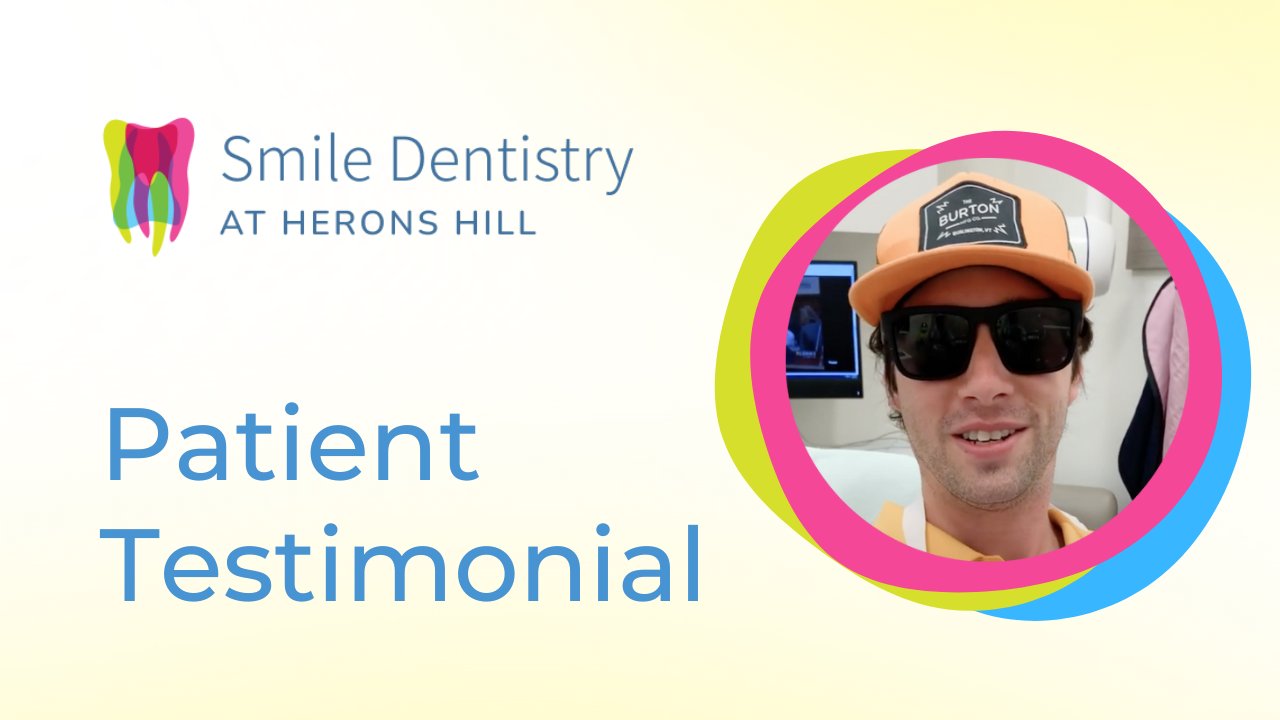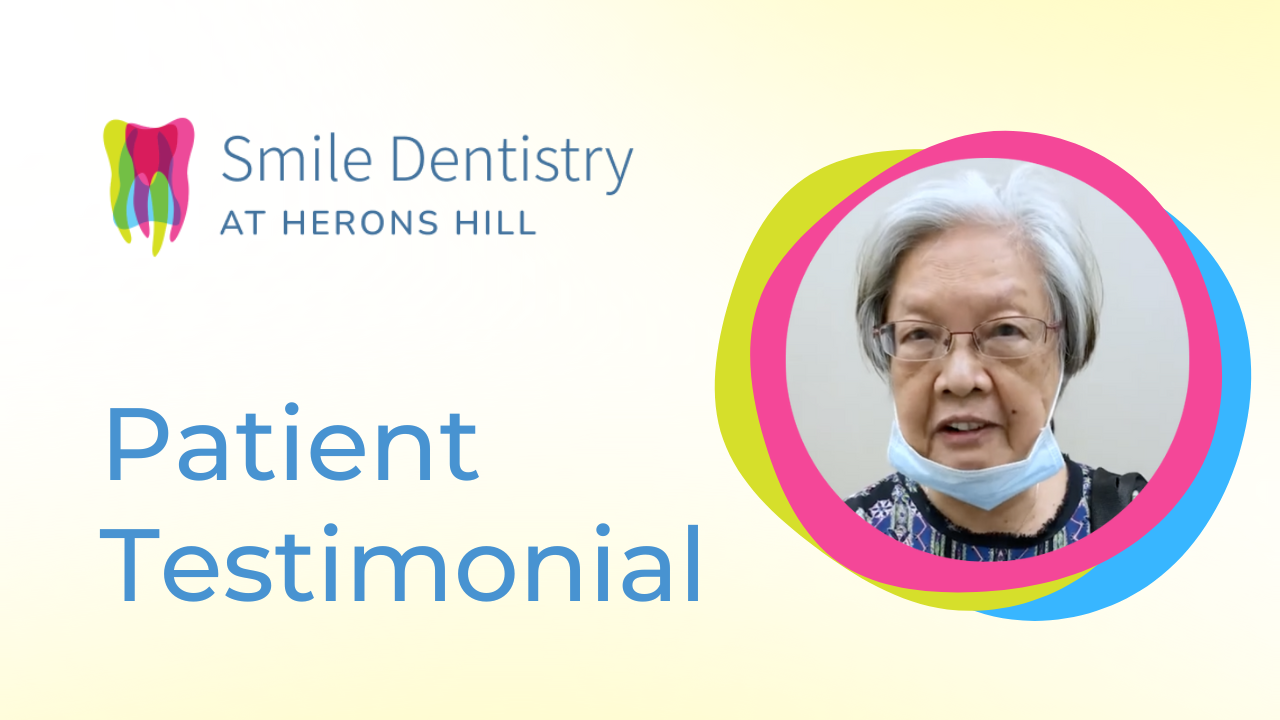
The Signs And Symptoms Of Oral Cancer
Oral cancer is characterized by abnormal cell growth in the mouth, lips, tongue, or throat. Early detection significantly increases the chances of successful treatment. While individuals over the age of 45 face a higher risk of oral cancers, it’s essential for everyone, regardless of age, to consider oral cancer screening if they have experienced any of the following symptoms:
- Discoloured patches in the mouth or on the lips, which can be white or dark red.
- Unusual lumps or changes in texture in the oral area.
- Canker sores that persistently fail to heal, numb patches, or recurring bleeding.
- An unusual sensation in the tongue, changes in the sense of taste, or difficulty swallowing.
There are various risk factors associated with oral cancer, including:
- Smoking or using tobacco products like cigarettes, cigars, or chewing tobacco.
- Heavy or moderate alcohol consumption, particularly when combined with tobacco use.
- The possibility of human papillomavirus (HPV) infection in the mouth.
- Excessive sun exposure as part of one’s lifestyle.
- Poor dietary choices or eating habits.
- A family history of oral cancer.
- Oral cancer is more prevalent among men than women.
- A history of leukoplakia, which is a thick, whitish-coloured patch that can develop inside the mouth.
Prevention, Detection And Treatment Of Oral Cancer
Treatment will be planned on a case by case basis and will heavily depend on the severity, type and location of the suspected cancer.
Spotting early signs of cancer
The objective of an oral cancer screening is to identify cancer or precancerous conditions in the mouth at an early stage. In this examination, your dentist will carefully inspect the interior of your mouth, including under your tongue, for any unusual red or white patches or suspicious sores. Additionally, your dentist will use their hands to palpate the tissues inside your mouth, checking for any lumps or unusual textures. Furthermore, they may assess the external areas of your throat and neck for the presence of any abnormal lumps.
Diagnosis and treatment
Should signs of cancer be identified during your oral screening, you may be recommended to undergo further assessments, such as a biopsy, involving the removal of a small piece of suspicious tissue for laboratory analysis. Additionally, imaging tests such as X-rays, ultrasounds, CT scans, or MRI scans may be advised. If confirmed tumors are present, treatment options may include surgery, chemotherapy, or radiation therapy as deemed necessary.
Prevention of oral cancer
To proactively lower your chances of developing oral cancer in the future, consider these steps: Visit your dentist routinely for regular examinations, quit using tobacco products entirely, consume alcohol in moderation and responsibly, be cautious of direct sunlight exposure and use UV-protective lip balms, maintain a balanced diet rich in fruits and vegetables, and during your daily oral hygiene routine, inspect your mouth for any unusual signs or symptoms. If you notice anything concerning, promptly report it to your dentist. These proactive measures can help reduce the risk of oral cancer and promote overall oral health
Contact us today
to schedule an initial consultation & exam.
Your consultation will include an examination of everything from your teeth, gums and soft tissues to the shape and condition of your bite. Generally, we want to see how your whole mouth looks and functions. Before we plan your treatment we want to know everything about the health and aesthetic of your smile, and, most importantly, what you want to achieve so we can help you get there.
Frequently Asked Questions
If you possess any risk factors for oral cancer, it’s advisable to request an oral cancer screening during your routine dental check-up. Additionally, if you come across an abnormally coloured or textured patch in your mouth, or notice a lump or any suspicious sores, it is strongly recommended to promptly schedule an appointment for a thorough examination.
During your examination, your dentist will thoroughly inspect your lips and the interior of your mouth, encompassing your cheeks, gums, and all areas of your tongue. Additionally, they will conduct a meticulous examination by palpating for any lumps or unusual textures. Furthermore, your dentist may extend this examination to include your face, jaw, throat, and neck, checking for any irregular lumps or signs of tenderness.
Wash your hands with warm soapy water. In front of your bathroom mirror, you’ll want to examine the roof of your mouth, your lips, tongue and gums. Pull your top lip up and bottom lip down to see behind them. You may use a piece of gauze or a cotton pad to help you grip your tongue to check the sides and underside. Do your best to look at your gums, and use your fingers to feel the insides of your mouth. You’re looking and feeling for colour changes, lumps and bumps, unusual textures or tenderness. Let your dentist know if you have any sores that have not healed after two weeks.
Small, usually painless, flat patches that may appear red, white, grey or yellow with red edges. These small patches can affect any area of the mouth including the lips, gums, cheeks, tongue and the roof of the mouth. As a good rule of thumb, it’s a good idea to have anything that looks or feels unusual checked out by your doctor or dentist.









